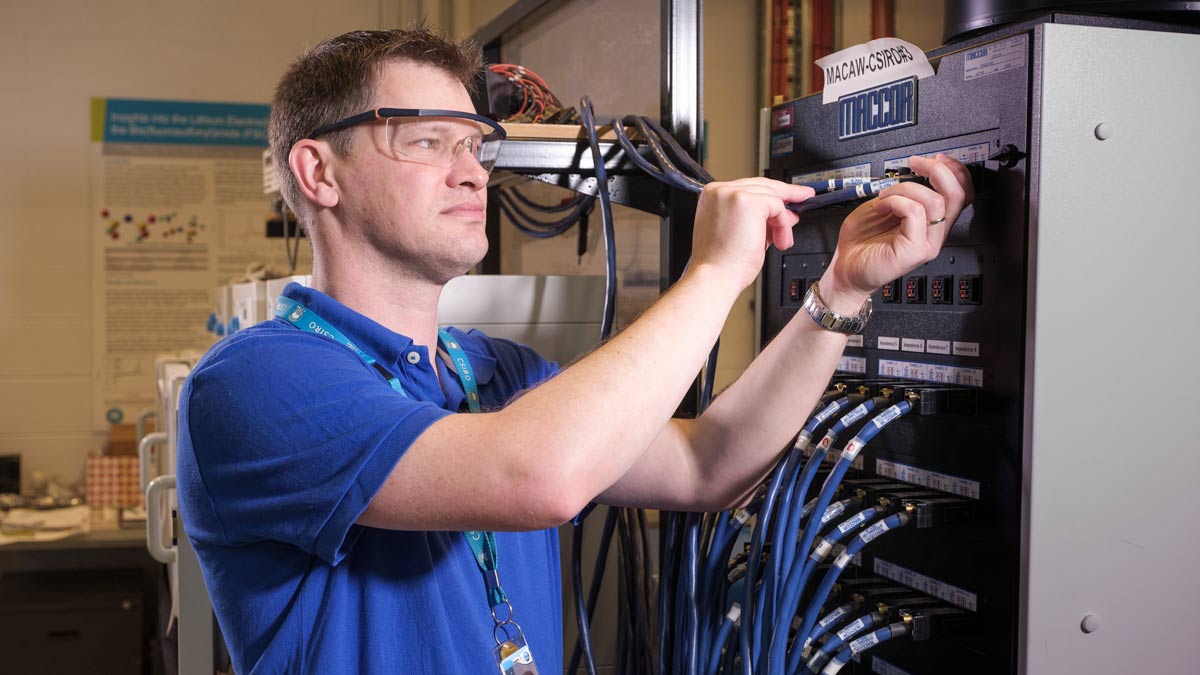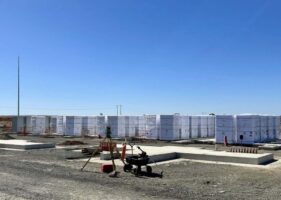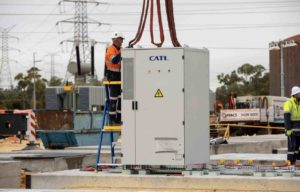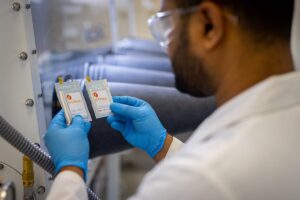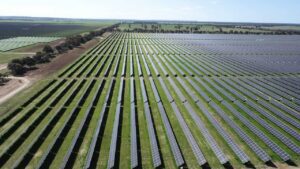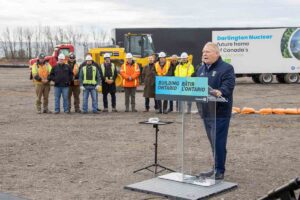The CSIRO says it wants to kickstart a “revolution” in battery storage technologies that it says could be key to identifying new innovations that could support renewable energy to replace fossil fuels.
The CSIRO announced on Friday that $50 million in funding would be shared across four new Future Science Platforms, that includes energy storage and the goal to deliver EV battery charging as fast as fossil fuels, and long duration storage than can “mimic” pumped hydro.
The new ‘Revolutionary Energy Storage Systems’ research platform will focus on the development of new energy storage technologies that can boost the uptake of renewable energy technologies.
The interim director of the research platform, Dr Adam Best said the emergence of new energy storage technologies could help increase the share of renewables in the grid, as well as improving the performance of electric vehicles.
“Unlocking the secret to efficient and safe energy storage could see us charge electric vehicles as easily as we now fill our petrol tanks, or keep portable our devices charged for many days without the need for a top up,” Best said.
“On a larger scale, it could even be mimicking pumped hydro through new technology and making it more responsive to the needs of the grid.”
The CSIRO said the program was designed to “push the boundaries” of technology innovation and to support collaboration between Australian research institutions and industry.
Best told RenewEconomy that the initiative would be investigating potential energy storage technologies outside those currently in the energy system – looking beyond established technologies like lithium-ion and sodium-ion batteries to see “what comes next”.
Such technologies could include quantum batteries, with the ability to be recharged within seconds, but provide power for weeks, and other technologies that may be inspired by nature, with the ability to ‘mimic’ existing technologies.
The CSIRO will also establish a new “Permanent Carbon Locking” research platform, that will support research into the removal of greenhouse gas emissions from the atmosphere and how they can be permanently stored.
Dr Andrew Lenton, who will serve as the director of the new ‘carbon locking’ research group, said research into carbon removals would become increasingly necessary.
“If we are to avoid the worst impacts of climate change, breakthroughs and innovation in permanent carbon removal from the atmosphere is needed,” Dr Lenton said.
“The future science and capability developed in this FSP have the potential to underpin new industries and reshape existing industries for Australia and beyond, with CSIRO’s science at the centre.”
CSIRO’s chief scientist, professor Bronwyn Fox, said selecting energy storage technologies as part of its Future Science Platforms was part of a wider effort to position Australian research at the as a leader in innovation.
“CSIRO’s Future Science Platforms are a big part of our strategy to stay at the forefront of discovery,” professor Fox said.
“They are a critical part of the way we do science – they are our investment in cutting-edge, transformative research where we push the boundaries of science and lean into the seemingly impossible.
“The foundational research that these four new Future Science Platforms will undertake will pave the way for innovations and catalyse new industries that will help us to better manage our health, food security, natural resources and environment in the decades to come.”

